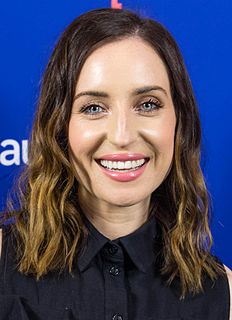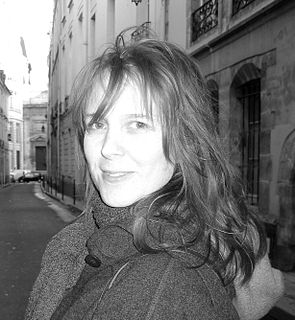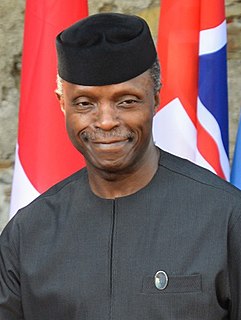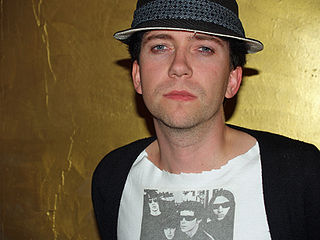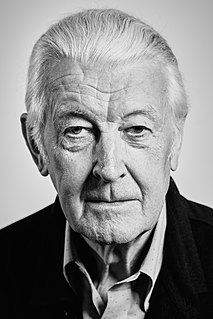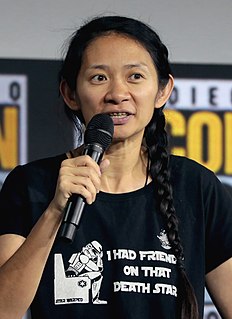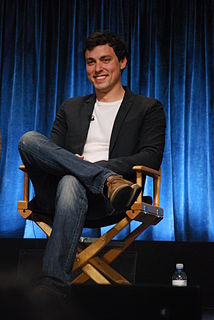A Quote by Mark Millar
I wanted to portray very, very dark subject matter and a deceptively complex story in the brightest colours and simplest lines possible to leave the readers reeling.
Related Quotes
I changed my writing style deliberately. My first two novels were written in a very self-consciously literary way. After I embraced gay subject matter, which was then new, I didn't want to stand in its way. I wanted to make the style as transparent as possible so I could get on with it and tell the story, which was inherently interesting.
Because there are so many factors when considering the potential impacts of GMOs on our health and environment, we wanted to make a film that could unpack complex subject matter, while taking the audience on an entertaining ride. It is a very powerful tool because it allows viewers to understand the nature of these very complicated issues in a digestible format, and then hopefully engage in a dialogue about them in their respective homes and communities.
I wanted to keep the complexity of the female experience in the film as much as it is in the book, and the subject of not wanting a child is a very interesting subject, one that's not dealt with very much actually.However that complexity was not serving the story of what became the film [The Girl on the Train].
In this article we begin to address the subject of vaccinosis, the general name for chronic dis-ease caused by vaccines. For some readers the very idea that vaccines are anything but wonderful and life-saving may come as a surprise, and it's not a very pleasant one. After all, the general population pictures vaccines as one of modern medicine's best and brightest moments, saving literally millions from the scourge of diseases like poliomyelitis and smallpox.
I want to say that this business of corruption and the fight against corruption is a very serious matter, and sometimes I'm amazed that very little is being said outside of those who are saying so in government. It's an existential matter. I don't know whether it is possible to overemphasize the point, but I think it's a very crucial matter.
La Haine - first of all, it was the story of friendship. I was very close with Mathieu Kassovitz; he was somebody I met in the nights of Paris. And the hip-hop scene and all that... You know, it was very much about doing our own thing, and some of the subject matter was so close to what we knew and the people we were hanging out with.
Meek's Cutoff by Kelly Reichardt. It's beautifully shot. It's a complex story. The filmmaker gave a very patient and feminine touch to a story that takes place during a period of history that's very masculine, without losing any of the unforgiving harshness of the reality where the characters found themselves in.
'Meek's Cutoff' by Kelly Reichardt - it's beautifully shot. It's a complex story. The filmmaker gave a very patient and feminine touch to a story that takes place during a period of history that's very masculine, without losing any of the unforgiving harshness of the reality where the characters found themselves in.


